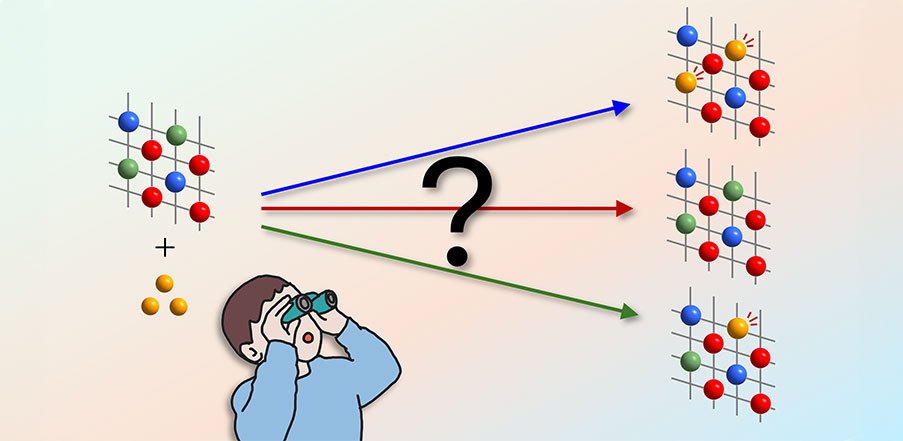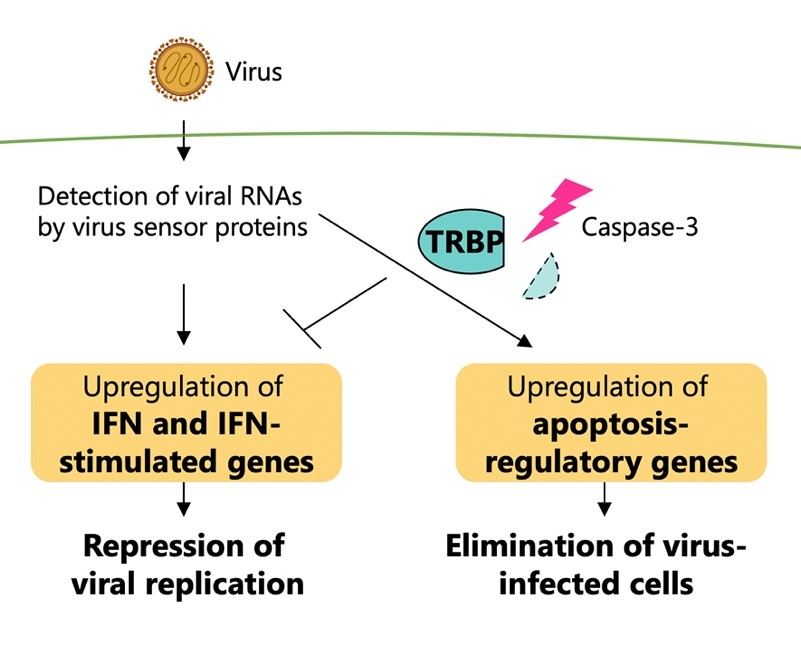AstraZeneca and Daiichi Sankyo’s Enhertu (trastuzumab deruxtecan) has been granted Breakthrough Therapy Designation (BTD) in the US for the treatment of adult patients with unresectable or metastatic HER2-low (IHC 1+ or IHC 2+/ISH-negative) breast cancer who have received a prior systemic therapy in the metastatic setting or developed disease recurrence during or within six months of completing adjuvant chemotherapy. Patients with hormone receptor (HR) positive breast cancer should additionally have received or be ineligible for endocrine therapy.
Enhertu is a specifically engineered HER2-directed antibody drug conjugate (ADC) being jointly developed and commercialised by AstraZeneca and Daiichi Sankyo.
The Food and Drug Administration’s (FDA) BTD is designed to accelerate the development and regulatory review of potential new medicines that are intended to treat a serious condition and address a significant unmet medical need. The new medicine needs to have shown encouraging preliminary clinical results that demonstrate substantial improvement on a clinically significant endpoint over available medicines.
Up to half of all patients with breast cancer have tumours with a HER2 immunohistochemistry (IHC) score of 1+, or 2+ in combination with a negative in-situ hybridisation (ISH) test, a level of HER2 expression not currently eligible for HER2-targeted therapy.1-4 Low HER2 expression occurs in both HR-positive and HR-negative disease.5
HER2 testing is routinely used to determine appropriate treatment options for patients with metastatic breast cancer. Targeting the lower range of expression in the HER2 spectrum may offer another approach to delay disease progression and extend survival in patients with metastatic breast cancer.6 Currently chemotherapy remains the only treatment option for patients with HR-positive tumours following progression on endocrine (hormone) therapy.7 Few targeted options are available for those who are HR-negative.8
Susan Galbraith, Executive Vice President, Oncology R&D, AstraZeneca said: “Today’s news is a significant validation of the potential we see for the historic DESTINY-Breast04 trial to enable a paradigm shift in how breast cancer is classified by targeting the full spectrum of HER2 expression. Enhertu continues to show transformative potential, and this milestone represents an important advance for patients with HER2-low metastatic breast cancer who are in urgent need of new treatment options and better outcomes.”
Ken Takeshita, Global Head, R&D, Daiichi Sankyo said: “Historically, only patients with HER2-positive metastatic breast cancer were shown to benefit from HER2-directed therapy. DESTINY-Breast04, in which Enhertu showed a clinically meaningful survival benefit in patients with HER2-low metastatic breast cancer, is the first trial to demonstrate that selecting patients for treatment based on low expression of HER2 has the potential to change the diagnostic and treatment paradigms for these patients. This Breakthrough Therapy Designation acknowledges the potential of Enhertu to fulfil an unmet medical need and we look forward to working closely with the FDA to bring the first HER2-directed therapy to patients with metastatic breast cancer whose tumours have lower levels of HER2 expression.”
The FDA granted the BTD based on data from the pivotal DESTINY-Breast04 Phase III trial which reported positive high-level results in February 2022. In the trial, Enhertu demonstrated a statistically significant and clinically meaningful improvement in both progression-free survival (PFS) and overall survival (OS) in patients with HER2-low unresectable and/or metastatic breast cancer in all randomised patients with HR-positive and HR-negative disease versus physician’s choice of chemotherapy, which is the current standard of care. The safety profile of Enhertu was consistent with previous clinical trials with no new safety concerns identified. The data will be presented at an upcoming medical meeting.
This is the third BTD for Enhertu in breast cancer. Enhertu previously received BTD’s for the treatment of second-line HER2-positive metastatic breast cancer in 2021 and later-line HER2-positive metastatic breast cancer in 2017. Two additional BTD’s for Enhertu were granted in 2020 for HER2-mutant metastatic non-small cell lung cancer (NSCLC) and HER2-positive metastatic gastric cancer.
Notes
Breast cancer and HER2 expression
Breast cancer is the most common cancer and is one of the leading causes of cancer-related deaths worldwide and in the US.9,10 More than two million cases of breast cancer were diagnosed in 2020 resulting in nearly 685,000 deaths globally.9 In the US, more than 290,000 new cases are expected to be diagnosed in 2022, resulting in more than 43,000 deaths.11
HER2 is a tyrosine kinase receptor growth-promoting protein expressed on the surface of many types of tumours including breast, gastric, lung and colorectal cancers, and is one of many biomarkers expressed in breast cancer tumours.12 HER2 expression is currently defined as either positive or negative, and is determined by an IHC test which measures the amount of HER2 protein on a cancer cell, and/or an ISH test which counts the copies of the HER2 gene in cancer cells.12,13 HER2-positive cancers are defined as IHC 3+ or IHC 2+/ISH+, and HER2-negative cancers are currently defined as IHC 0, IHC 1+ or IHC 2+/ISH-.12
DESTINY-Breast04
DESTINY-Breast04 is a global, randomised, open-label, registrational Phase III trial evaluating the efficacy and safety of Enhertu (5.4mg/kg) versus physician’s choice of chemotherapy (capecitabine, eribulin, gemcitabine, paclitaxel or nab-paclitaxel) in patients with HR-positive (n=480) or HR-negative (n=60) HER2-low unresectable and/or metastatic breast cancer previously treated with one or two prior lines of chemotherapy. Patients were randomised 2:1 to receive either Enhertu or chemotherapy.
The primary endpoint of DESTINY-Breast04 is PFS in patients with HR-positive disease based on blinded independent central review (BICR). Key secondary endpoints include PFS based on BICR in all randomised patients (HR-positive and HR-negative disease), OS in patients with HR-positive disease and OS in all randomised patients (HR-positive and HR-negative disease). Other secondary endpoints include PFS based on BICR and investigator assessment, duration of response based on BICR and safety.







